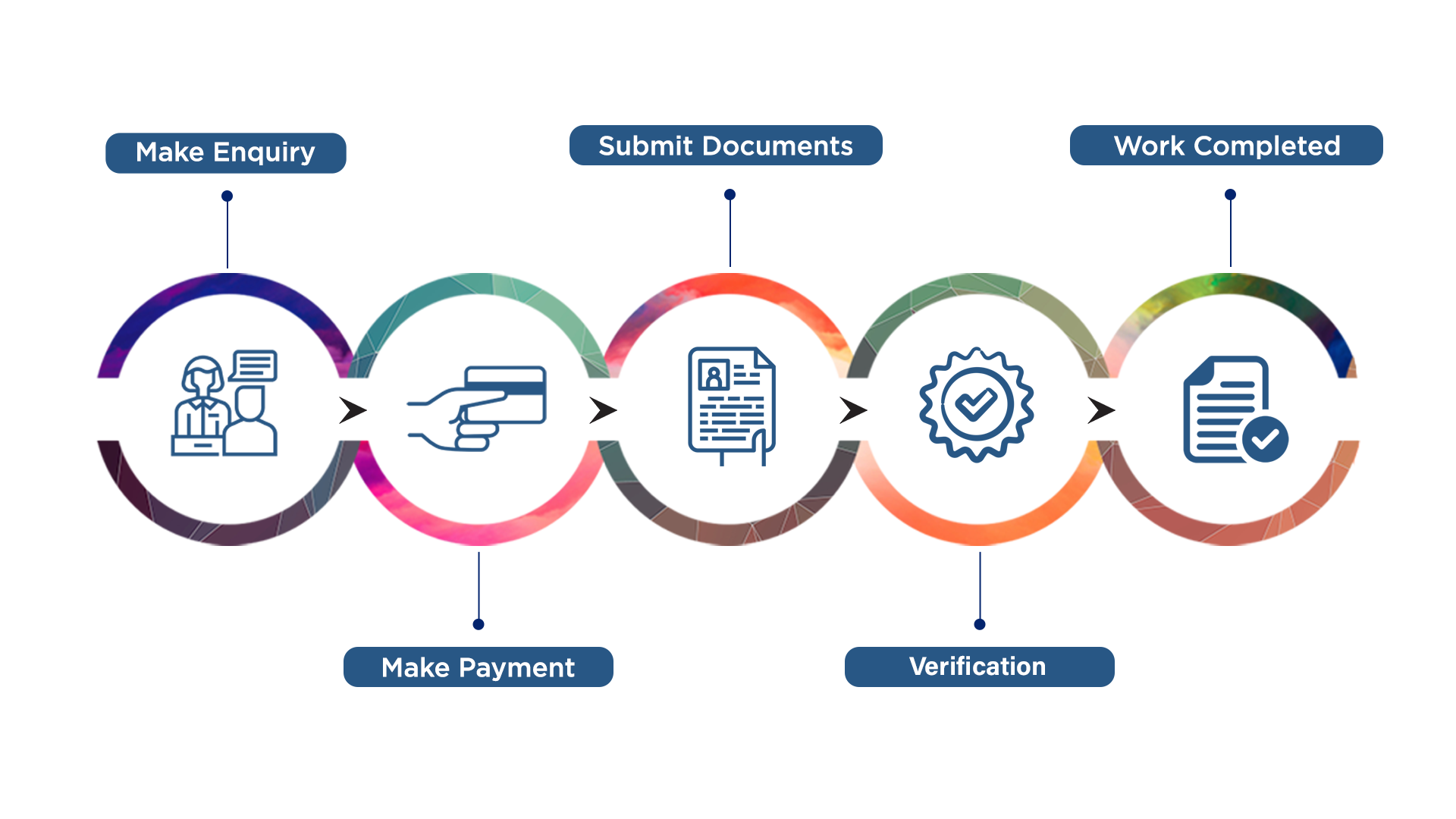Advantages of Public Limited Company Registration
There are numerous benefits provided to the Public Limited registered company. Some of the most advantageous are given below-
• Some Restricted Liabilities for the Shareholders of the Company- Investors of the Public Companies are benefited of restricted liabilities under which their resources are protected and can't be utilized to get the debts, obligations and losses free from the company. Regardless, the shareholders are answerable for their own legitimate offenses. These rights are enjoyed by all members of the board of directors, shareholders and other members that their assets cannot be seized by any creditors, banks or government entities.
• Interminable Succession- A Public Limited Company that has interminable succession is considered to be as a corporate body. Hence, the company will proceed with its existence even if one or more than one member, shareholder or director die, retire, get ill or become bankrupt.
• Improvising the Capital of the Company- Public Limited Companies offer the general public to purchase the shares of their company unlike Private Limited Companies. As a result, anyone can make an investment in a Public Company that eventually increases its capital.
• Getting Financed- A Public Company has access to an endless number of financing options. It has all the rights to include the general public by selling the shares of the company and issuing equity and debentures. Furthermore, most financial organisations invest more reliably in Public Companies rather than any unregistered company.
• Increased credibility- The Public Companies can sell off the shares as per the fluctuations of the market. Thus, there is negligible chance to get trapped in the unsystematic risks of the market.
• Exploration and Expansion of the Company- Public Companies are more trustworthy for financiers and the general public, so it can easily get extended by putting resources into new ventures from the assets raised by selling its shares in the market.
• Strengthen Growth Opportunity- As there is a lesser chance for sudden risk occurring situation, the credibility increases leading to faster growth opportunity.
There are many differences between the Public Limited Company and Private Limited Company in every aspect. The significant differences are stated below-
• Number of Directors- In Public Limited Company, minimum number of 3 directors are required initially and in Private Limited Company minimum numbers of 2 directors are required, although there is no binding limit for maximum number of directors.
• Number of Members- In Public Limited Company, minimum number of 7 members are required having no upper limits whereas in Private Limited Company, minimum numbers of 2 members and maximum 200 members can be there.
• Invitation for Public- There is no scope for public invitation in Private Limited Company. In Public Limited Company, the general public are invited to invest and become shareholders.
• Prospectus Insurance- In Public Limited Company, insurance of prospectus is necessary where in Private Limited Company, it isn't required.
• Differences in Names- Public Limited Companies should have “Limited” at the end of its brand name and Private Limited Company must have "PVT LTD" towards the end of its name.
• Statutory Meeting- Statutory Meeting is mandatory in Public Limited Company but not essentially required in Private Limited Company.
• Exchange of Stocks- The stocks of a Public Limited Companies are listed on stock trade and stock exchange for the people to transact where stocks of Private Limited Company are neither listed on stock exchange nor carry out stock trade.
• Remunerations- There is no restriction in managerial remunerations of Public Limited Company but in Private Limited Company, it must not exceed the limit of 11% of the net profit.
faq


